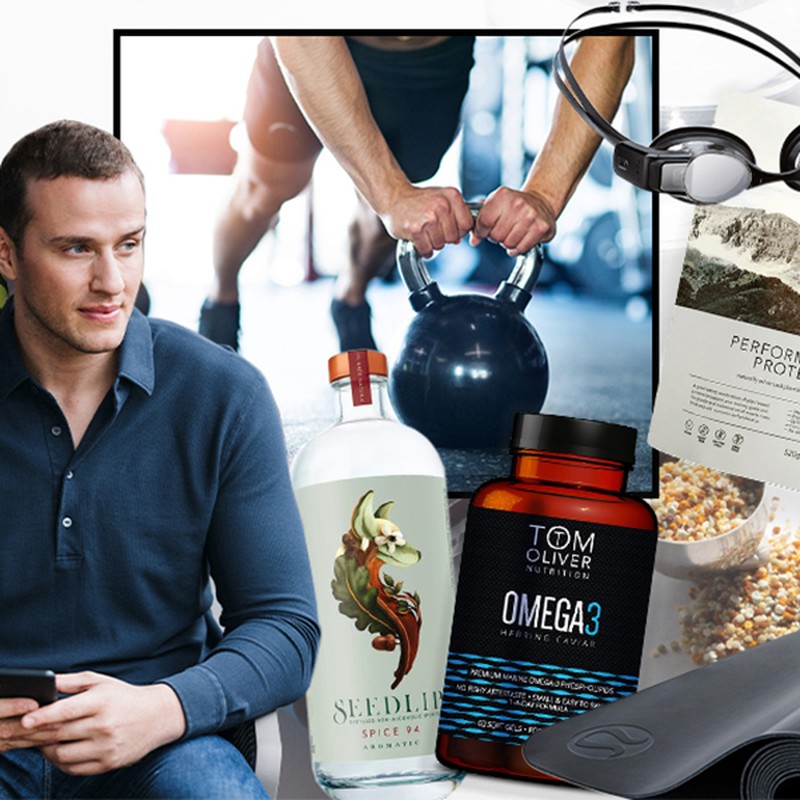My Health Rules: Vadim Fedotov
I’ve practised intermittent fasting for five-and-a-half years. It’s hugely beneficial for the body: it gives your body time to recover and keeps your insulin levels steady throughout the morning. I also feel it gives me a clearer mind. Instead of breakfast, the first thing I reach for in the morning is a large glass of water. I won’t eat until lunchtime.
I hit the gym at 7am five times a week. I have had a personal trainer for the last few years and training consists of a combination of functional training, high-intensity work and weightlifting. As a former professional athlete, staying strong is important to me – I train 12 times a week. As well as a PT, I also have a yoga instructor and do lots of boxing and basketball. Endurance training can become monotone, so I try to mix it up as much as I can, often hitting the pool or going for a bike ride. A day without sports is like a lost day for me, and it’s been this way for as long as I can remember.
My experience as a professional athlete taught me valuable lessons. When playing professionally, I had to train up to three times a day, and this teaches you a huge amount of discipline. You understand how to work through pain with the power of the mind. Plus, there’s a desire to perform and a desire to compete – I have taken this mindset with me into entrepreneurship. I’ve also learnt you are nothing without your team and everyone has a role. On the basketball court, I realised there were better scorers than me, but I had certain strengths and skills that allowed them to score better. It’s the same in business – hire smart people, give them resources, figure out what your role is, and give people the freedom to succeed.

Meditation isn’t for me. I think it has a lot of power, but it’s not for me. However, I do yoga twice a week and try to do breathing exercises after a workout to get my pulse down, and find this suffices when it comes to mindfulness. Mental health is immensely important. When playing professionally, we would always say 70% of your performance is in your head. I actually had a sports psychologist I would visit routinely, almost daily. It’s all about the preparation before the preparation – the preparation before the training, before the exercise. When you are jittery and unstable or have doubts, you feel it, and others will feel it too. Your performance can suffer as a result.
I prioritise meals over snacks. I try to eat two proper meals daily with nothing in between – this helps with my discipline and keeps my calorie count intact. I also find it mentally liberating not having to constantly think about snacks and food.
I’m big on protein. Dinner is normally lots of protein and vegetables – favourites include turkey, chicken, octopus and steak. I know people say you should be careful with your red meat intake but I can’t be without it. I tried the carnivore diet once; as a steak fan, it was great, although it wasn’t something I was willing to continue with in the long run.
I try to avoid anything processed. Where I can, I steer clear of vegetable oil, Quorn, dressings and sauces, particularly when eating out – restaurant sauces are often packed with sugar. I’ll also buy organic food if it’s available, although it’s not a priority, and try to incorporate avocado oil where I can as I find this nutritionally superior to olive oil.
I have a weekly cheat day. I stay away from high-calorie foods throughout the week but let my guard down on a Sunday. On Sundays, I skip breakfast, do a workout (usually cardio-focused) and then refuel and forget all about calories. On an average Sunday, I’ll eat two burgers, a pizza, ice cream and three slices of cake – it can often be in excess of 10,000 calories. This may sound strange but I find it gets me refocused on my diet, and means I am not depriving myself of anything. On a Monday, I fast for 36 hours, not eating again until Tuesday lunchtime. I’ve been doing this routine for several years now.
I believe in supplement quality not quantity. I’ve always experimented with different supplements, and at one point had around 30 bottles in my kitchen. I quickly realised how wrong this felt, and how impersonalised this approach to health was – a supplement will tell you to take two capsules regardless of whether you’re a 30-year-old man or 50-year-old woman. This is how Bioniq was born, using the power of personalisation and health monitoring to understand what your body truly needs. I’ve been taking the Bioniq micronutrient mixes for the last two years and all my family take it too. I take it in the morning and evening, along with omega-3 capsules, which are also very important for various aspects of your health, including cholesterol levels. Our research at Bioniq shows most people are at around 85-90% capacity when it comes to omega-3, meaning everyone can benefit from taking it.
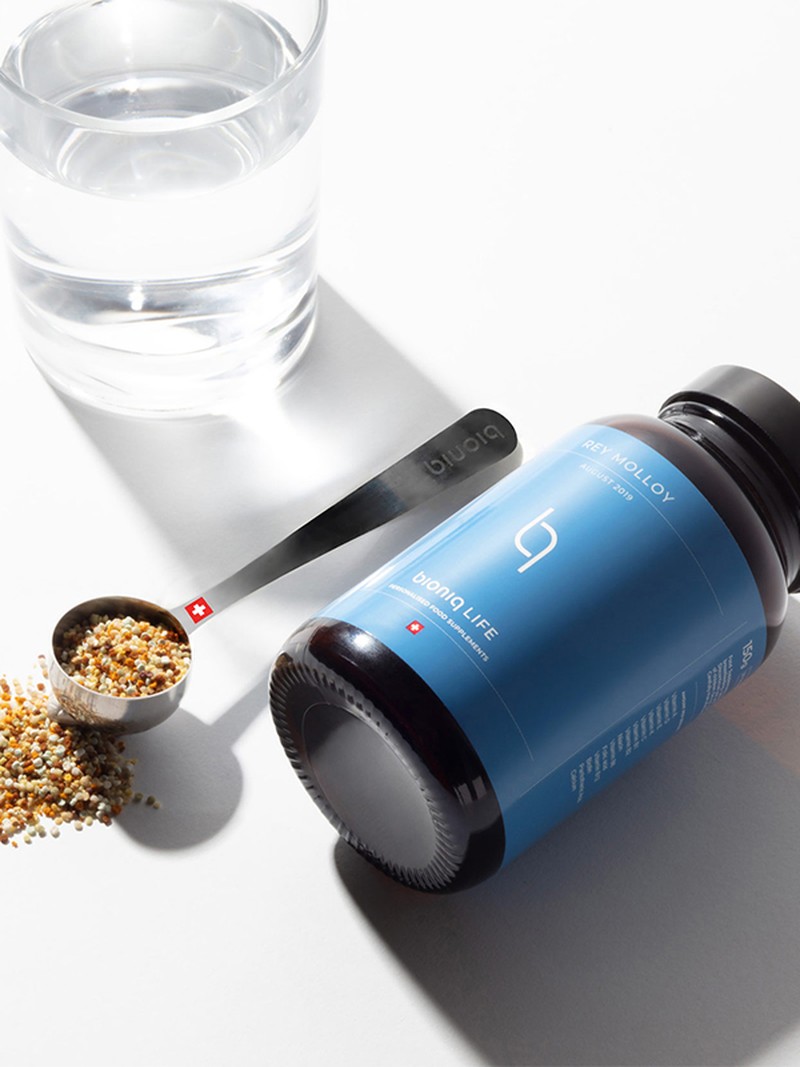
I have my bloods checked every two months. This is part of the Bioniq protocol. The blood test checks 50 different parameters and adjusts your supplement based on this, increasing nutrients you are deficient in, and reducing levels of the ones you have enough of. Vitamin D is something that requires constant attention in terms of dosage, regardless of age or gender.
I’ve recently cut down on alcohol. I stopped drinking for seven months at the beginning of the year, and definitely saw an improvement in recovery and sleep patterns. I now drink just once a week – I call it a ‘semi-controlled’ regime. The benefits of not drinking are obvious but sometimes with friends, having a glass or two is uplifting on a psychological level, so sometimes you have to take the good with the bad.
I eat out a lot. I’m out almost every day for lunch, and a couple of times a week for dinner. In terms of favourite spots, I’m a steak man, so Goodman is my go-to. As well as a good steak, I’ll always order fries – that’s my guilty pleasure. If I’m not out for lunch, I often get takeaways – I like vegetable bowls with double protein, but skip the rice and stay away from the dressing.
I’ve tried so many diets in the past. You name it, I’ve tried it – keto, Atkins and everything in between. I’m a big fan of the slow carb diet because it feels attainable without feeling like you’re limiting yourself too much. A diet should be something you can stick with, and this is one I recommend often.
Shop Vadmin's pick of products here...
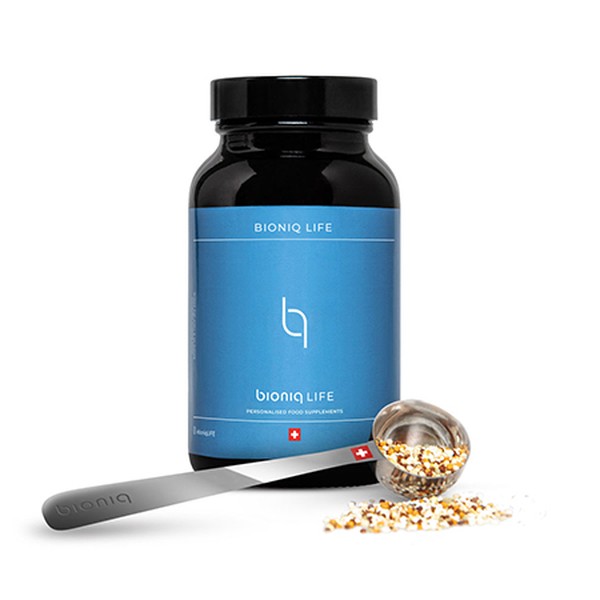
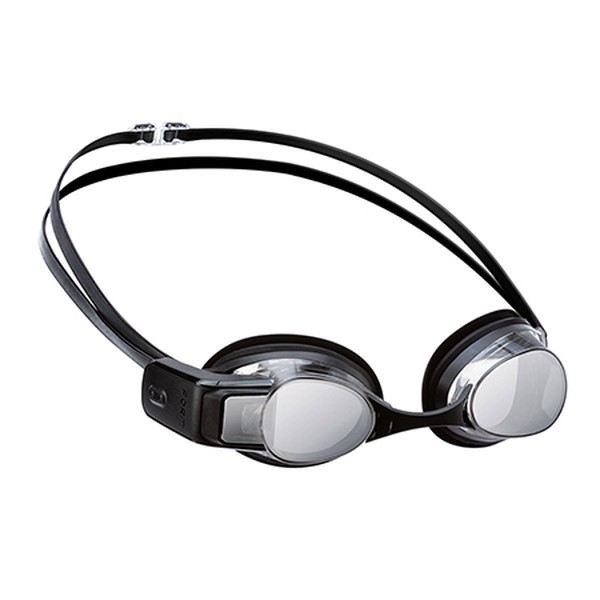
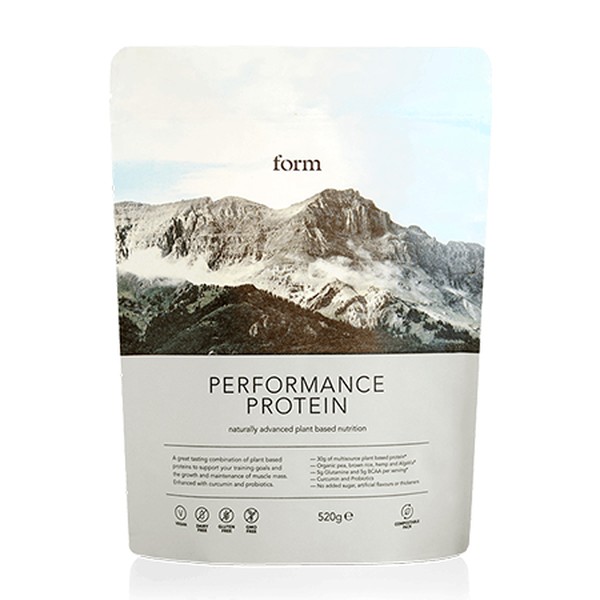
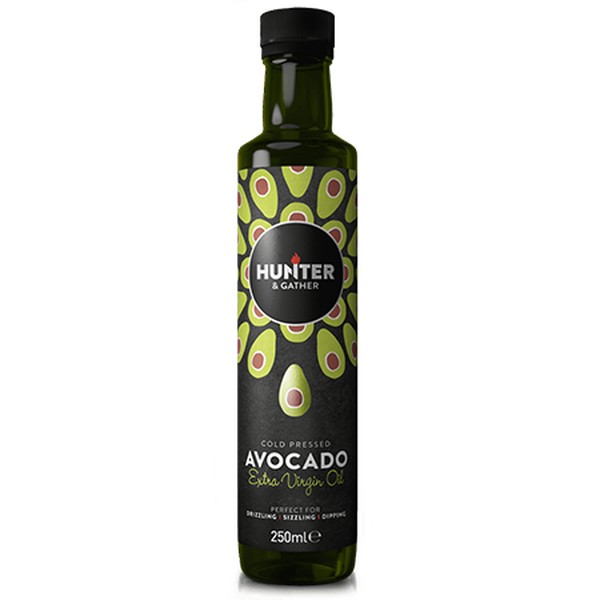
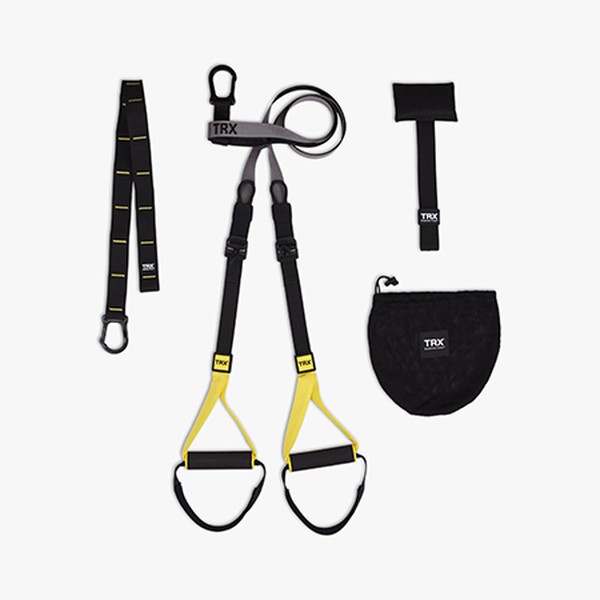
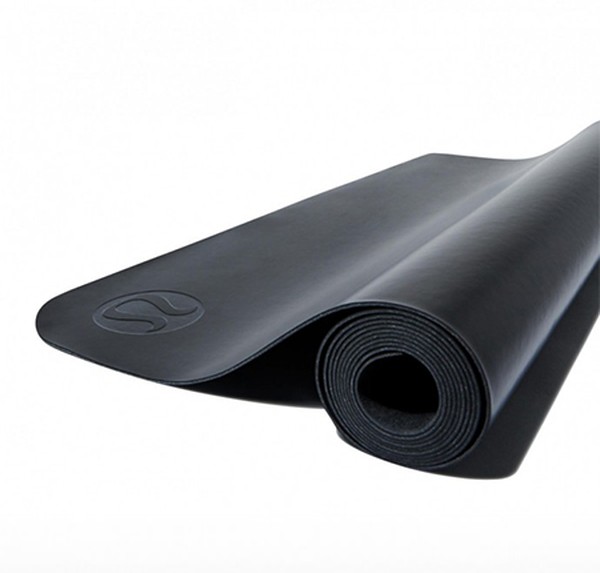
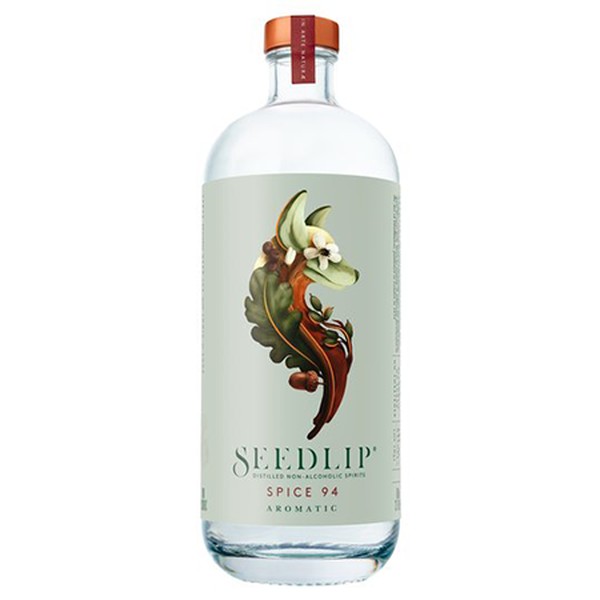
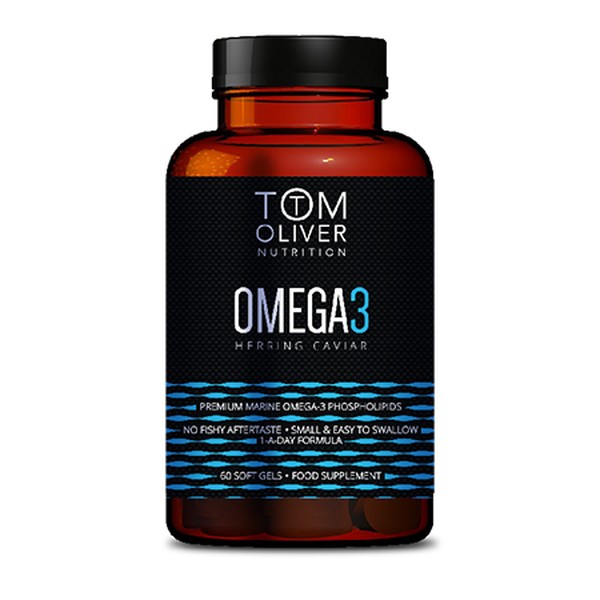
For more information about biohacking, visit Bioniq.com
DISCLAIMER: *Features published by SLMan are not intended to treat, diagnose, cure or prevent any disease. Always seek the advice of your GP or another qualified healthcare provider for any questions you have regarding a medical condition, and before undertaking any diet, exercise or other health-related programme.
DISCLAIMER: We endeavour to always credit the correct original source of every image we use. If you think a credit may be incorrect, please contact us at [email protected].
